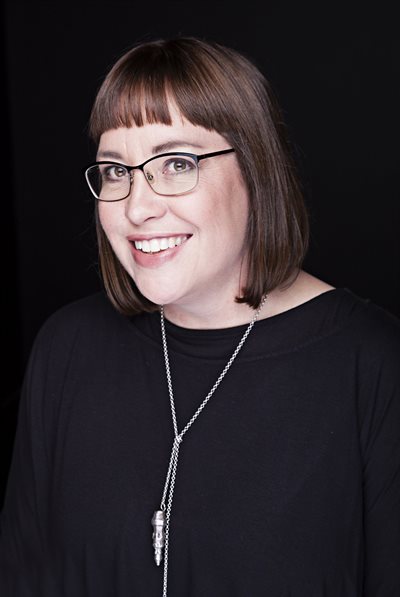
Dr Carla Enslin
“Your studies will be a major investment of time and money, and it is important to understand right from the start where you want to go, and what will be required of you to get there,” says Dr Carla Enslin, co-founder and head of postgraduate studies and research at The Independent Institute of Education’s Vega.
She says prospective students too often sign up for a first degree, and then think they’ll consider what comes next at a later stage. But it is very important to understand right from the start what the point of a first degree, and then later qualifications will be, as it is not merely a case of notching up one qualification after the other. Each degree has a specific function, which relates to specific competencies required for progressively more senior roles.
“Top talent is in high demand, always has been and always will be, but if you are aiming to become a leader in your industry, you have to prepare yourself to not just compete for a position, but against other very talented people who are just as ambitious as you,” she says.
“So if you are determined to be successful in your career, you have to determine from the start what your approach is going to be, by researching what companies want and then matching that to the qualifications and the institution that will get you there.”
Dr Enslin says before embarking on higher education, or studying towards a postgraduate degree, prospective students should understand the point of various degrees, and how each degree builds on the next.
- First degrees and diplomas: Your first degree or diploma will equip you with the toolkit you need to be able to do certain tasks and enable you to become competent in delivering on the key outputs in line with these tasks.
- Honours degrees: When competency has been achieved in terms of the toolkits acquired in the first qualification, an honours degree allows you to level up by learning how to use different tools at once, and particularly in relation to one another. This brings a new level of maturity within the field.
- Master’s degrees: A master’s degree develops the art of being able to synthesise and develop independence in a field. Instead of just being able to competently develop an identity for a brand, now you start to be able to stretch a brand’s identity into mergers and acquisitions and product portfolios.
- Doctorates: Doctorates enable you to contribute to thought leadership and development of the field.
“So before setting out on your studies or when considering postgraduate study, understand where it is that you want to go and how your degree will enable you to get there. Your first point of call is to understand what companies are expecting, and then determine what you need to study and where so that you can ultimately build towards becoming the candidate that can fulfil those expectations.”
Dr Enslin says companies today seek truly talented, innovative and original solutions to challenges and will work hard to find qualified, distinguished and talented professionals with a proven track record to fill key positions.
“The point is, you are going to have to level up if you want to reach the top. Even for junior positions, companies interview a range of talented individuals. So yes, many are mindful of getting a job, but in today’s world, you need to be mindful of what it will require to land a position amid tough competition.
“So do your homework – go look at the websites of top companies and see what they require from candidates in specific positions. And then speak to industry insiders. Find out which qualifications and institutions are rated in that industry. Speak to alumni from these institutions, and speak to the institutions themselves about the programmes and the skills you will acquire over and above merely academic skills, which certainly are not sufficient to make the grade in today’s environment.”
EducationVega School 24 Jan 2019
Dr Enslin says the aim of studies is for one to mature in that one thing you are able to do uncommonly well.
“Every individual has something they can do uncommonly well, and it is their job to find what that thing is and then to grow and develop that thing strategically so that they have a competitive advantage. The positive news for creatives is that their jobs are less readily automatable, so this remains a vibrant and viable career field, which requires not only strong technical skills, but also substantial soft skills.
“There is a tremendous opportunity out there. But harnessing this opportunity requires you to devise a solid strategy based on where you want to go, and how you will best be able to get there.”
Visit www.vegaschool.com to find out more about the IIE postgraduate qualifications in design, brand and business available to study at Vega.
About Vega
Vega is an educational brand of The Independent Institute of Education (The IIE). The IIE is South Africa’s largest and most accredited private higher education provider, accredited locally by the Council on Higher Education (CHE) and internationally accredited as an Independent Higher Education Institution by the British Accreditation Council (BAC).
The IIE Vega’s teaching philosophy is built on the mantra of #wisdomwithmagic, creating an academic environment that is based on experiential learning where creatives are trained in strategy and strategists in design-thinking. As the only higher education institution with brand-focused IIE degrees that are available to study face-to-face and online, The IIE Vega aims to inspire a new breed of design, brand, and business thinkers with the expertise to generate meaningful ideas that link profit to adding value to people’s lives.

